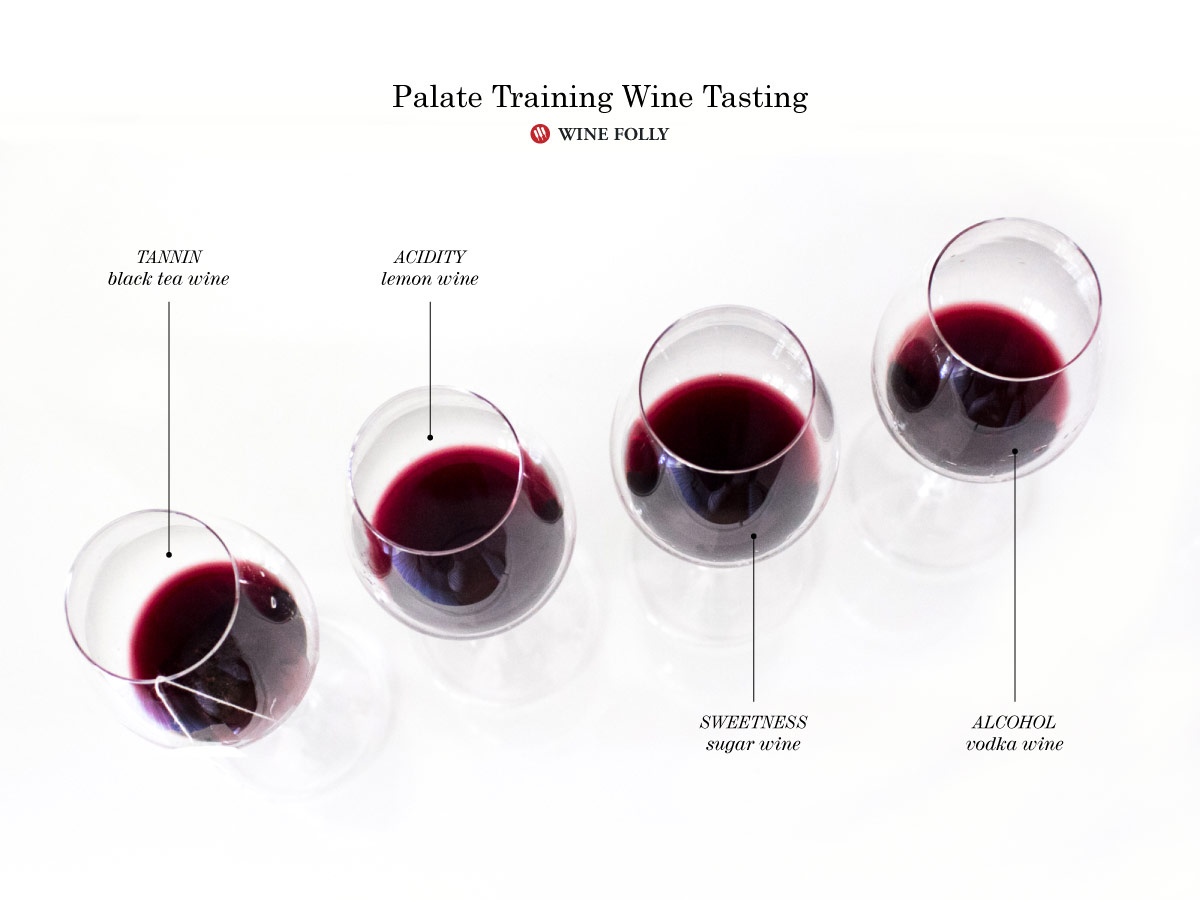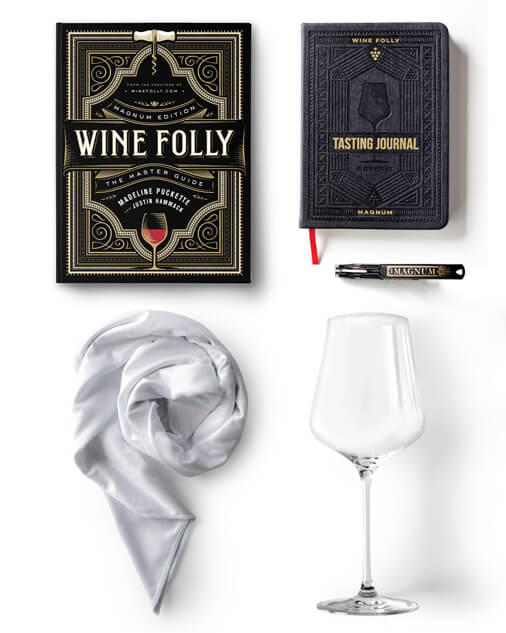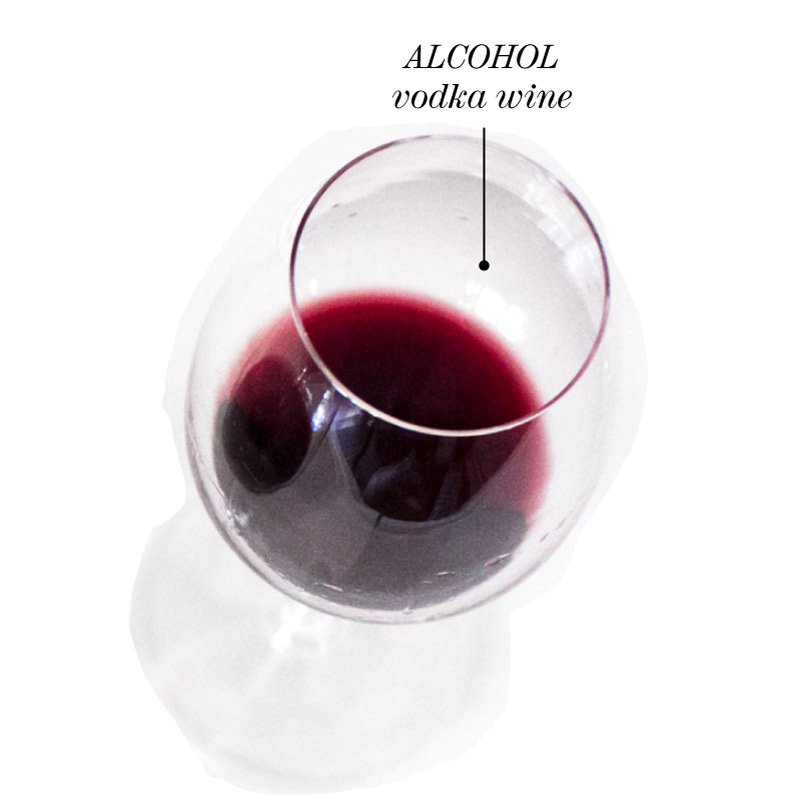DIY Palate Training Wine Tasting
Try this palate training exercise at home and greatly improve your sense of taste.
This wine tasting is designed to help improve your palate by exercising your ability to identify primary tastes. Not only will it make you a sharper taster, but you’ll understand more about what you like and why you like it. This wine tasting is easy to set up on your own and a great evening activity with friends. Even people who don’t think they can taste wine well, can improve their abilities.
Improve your palate
What You’ll Need
- 1 bottle of dry red wine (avoid reds like Menage à Trois, Apothic Red and Jam Jar which contain RS)
- 1 black tea bag
- 1/2 a lemon
- 1 tsp sugar
- 1 tsp vodka
- 4 identical wine glasses + one wineglass per person at the tasting
- a notepad and pen
Prepare the tasting: Pour 3 oz of red wine in each of the 4 wine glasses. Add the tea bag to one glass, the 1/2 squeeze of lemon to the next glass, the sugar to the next glass, and the vodka to the last glass. Fill your own glass with red wine; it will act as your control glass.
The Tasting
This tasting is designed to help you identify your own individual sense of the primary tastes in red wine which are:
Your goal will be to identify how the above tastes present themselves on your palate. This tasting is designed to improve the senses on your tongue (smelling is not as important). Below you’ll find our notes on each of these 4 tastes to use as guidance for your own tasting.
Tannin black tea bag
Tips
- If you cannot taste the bitterness as much, it’s possible that you are not as sensitive to IBU (International Bittering Units). It might also mean that you have an affinity to Italian wine and bold red wines.
- If the bitterness is extreme to the point of revulsion, it’s possible that you are a supertaster. Depending on your level of sensitivity, this could mean that you have an affinity towards sweet wines or white wines.
Acidity lemon
- Does the wine taste lighter or bolder?
- How does the increased acidity make your mouth react?
- Does the wine taste more bitter or less bitter?
Can’t get over the lemon? Try using distilled white vinegar instead.
Sweetness sugar
- What does the sugar do to the fruit flavors in the wine?
- How does the wine feel on the tip of your tongue?
- What taste sensations do you feel after you’ve swallowed?
Alcohol vodka
- Does the wine taste lighter or bolder?
- What does the alcohol do to the spiciness of the wine? Where do you feel this sensation?
- What does the alcohol do on the finish (aftertaste) of the wine?
Last Word: practice each time you drink wine
The next bottle of red wine you taste, take a moment to identify each of the 4 possible traits (tannin, acidity, sweetness, alcohol) and how they express themselves (are they low or high?). As you continue to explore new wines, you will build your own personal repertoire of understanding through a more scientific approach. Remember to take great notes!







